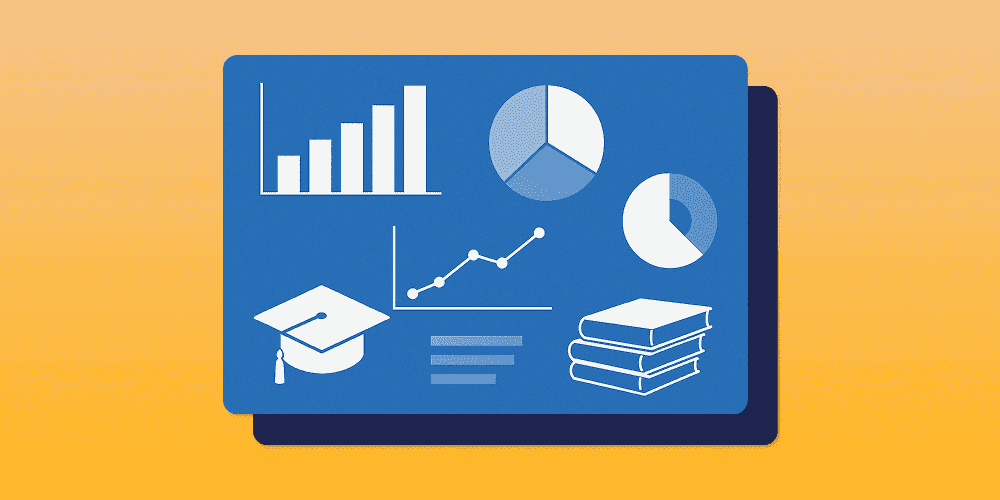
Pedagogical series: your new testimonial series!
Join live sessions featuring real use cases shared by our users.
Are teachers still teachers in the digital age?
12.12.2019 • 3 minutes

“Sir/Miss, I read something online about…”.
Many a teacher has heard this sentence spoken in the classroom. They may even be interrupted during a lecture because many students take notes on a computer and have developed the habit of asking their questions to a search engine rather than the teacher. It is no longer necessary to wait for the teacher’s answer: Google can provide it in a few clicks. Though the information they find is most often in line with the lecture, it also occasionally contradicts it.
As a result, teachers can end up debating the origin of the information: is it from a personal or professional website? What are the profiles of its contributors?
Developing the students’ critical mindset and teaching them to verify sources is part of a teacher’s mission, whether in higher, primary, or secondary education.
New role is coming
Since teachers are no longer the sole keepers of knowledge, their role must change: digital technology is transforming - even questioning - their function. They are no longer expected to merely impart knowledge (even though they have never limited themselves to that).
Nowadays, teachers are more like orchestra conductors, explaining the various activities, guiding and empowering students on their individual path. Whether we call them coaches or facilitators, supervision is at the heart of their profession.
Though some people worry about it, this change in role is in no way a demotion. Teachers still play a central part, insofar as they help students learn autonomously.
Bringing teaching back to the fore
Thus, digital technology upsets the teacher-student relationship. However, contrary to what one might expect, this focus on technology does not lead to a less personal relationship.
In reality, digital tools focus on teaching, even in higher education, where it has traditionally been (and still largely is) neglected in favour of research. Nowadays, teaching methods are the main subject of thought and even pedagogical research is becoming more established.
Meanwhile, a new profession has emerged and grown considerably over the past ten years: instructional design. Its mission is to support teachers, facilitating their professional development by suggesting tools, digital or otherwise.
Help is particularly appreciated when it comes to new technologies, because learning how to use them in class can be very time-consuming. Though motivated, teachers often view them as an additional constraint at a time when administrative tasks are also playing an increasingly important role.
Therefore, instructional design operates as their support while teaching services in schools and universities grow along with the idea that technology is a means to an end, not an end in itself.
Most EdTech start-ups who are active in education agree that digital technology should be at the service of pedagogy. After all, in terms of learning, new technologies do not solve all problems, and the human aspect - meaning the teacher - remains irreplaceable.
Writer

The Wooclap team
Make learning awesome & effective
A monthly summary of our product updates and our latest published content, directly in your inbox.



